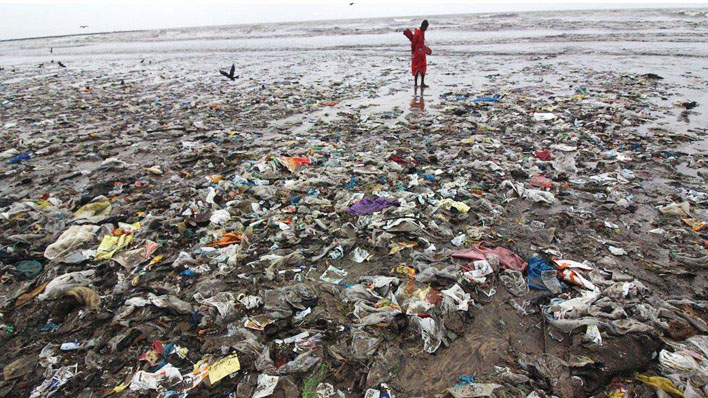With the global environmental lobby increasingly focusing its attention on rolling back the increasing avalanche of plastics’ proliferation and its weighty global environmental impact, negotiators and activists were expected to congregate in Ottawa this week to attempt to craft a treaty which, hopefully, will contribute to the rolling back of the plastic pollution menace. With experts estimating that the world’s waterways has become home to the equivalent of 2,000 garbage trucks full of plastics every day, according to the United Nations Environment Programme [UNEP], the event is being staged much more out of hope than conviction that its ‘shout out’ to what continues to be an indifferent international community will benefit from an attentive ear.
The Ottawa forum will require that assembled negotiators streamline a pre-existing treaty draft on plastic pollution in addition to making a decision on whether it will focus directly on human health and the environment, by placing limits of the production of plastics, restricting some of the chemicals used in plastics, or any combination of those options in order to slow the march of the stifling plastics’ juggernauth. If the lobby for a robust plastics pushback is supported by a so-called “high ambition coalition” of countries, these are under no illusions regarding the weight of the resistance which the lobby must withstand from a powerful global business lobby which, in various ways, has embraced plastics as a commodity that is critical to their respective entrepreneurial pursuits.

